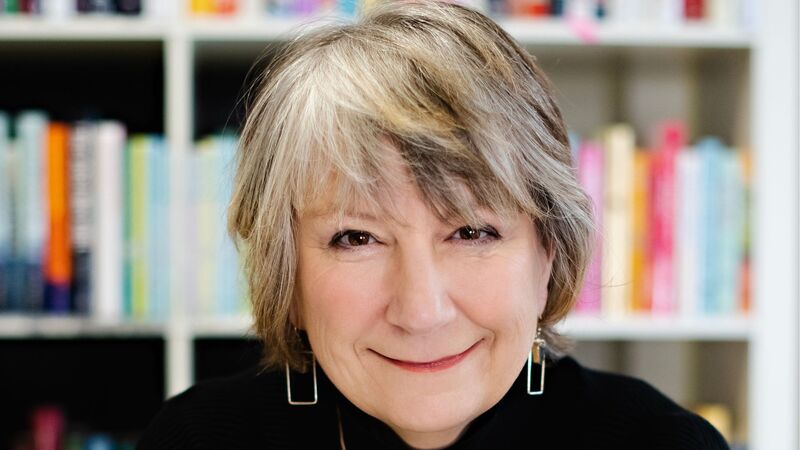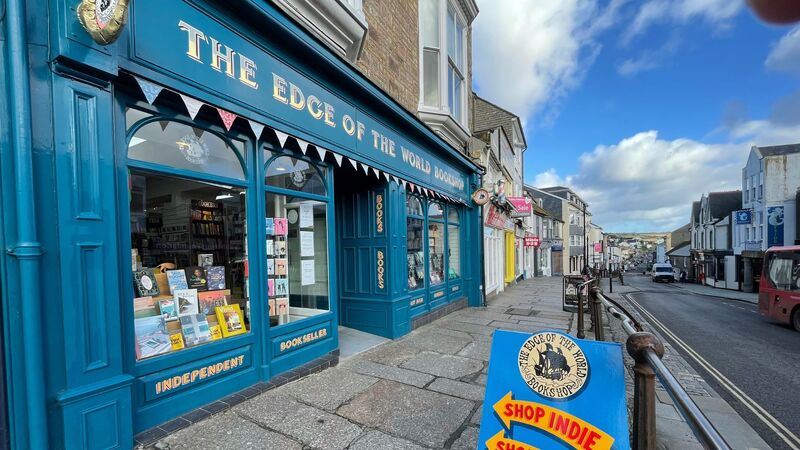You are viewing your 1 free article this month. Login to read more articles.
Trade figures call for collaborative campaign to promote books and reading
Leading figures have urged the publishing industry to pool its data and money to create a cross-industry campaign about the value of books and reading. The calls follow recent surveys which have suggested reading time is being squeezed out as people lead increasingly busy lives, and by competition from rival entertainment forms such as streaming digital media and using social media platforms.
Quarto chief executive Marcus Leaver called on the industry to be “bold, loud and collaborative” in doing more to promote the social and economic value of books. He has also pledged back such a campaign with cash. “I will put it out there—if we manage to get a grass-roots campaign off the ground, I am committed to contribute funds from The Quarto Group,” he promised.
Current campaigns include World Book Day, World Book Night, Books Are My Bag, the BBC’s Love to Read campaign and, running this week, the inaugural LoveAudio publicity drive.
But Julia Kingsford, co-founder of Kingsford Campbell Literary & Marketing Agents and former c.e.o. of WBN, recognised the value of more cross-industry collaboration on a general message about the value of reading, whilst acknowledging that budget was a “big barrier”.
“The promotion we do for individual books is great but a broader reading for pleasure campaign that engages readers at a grass-roots level has the potential to be incredibly rewarding for the industry, to make the pie bigger for all of us, to get more people reading more,” she said. "But I also know that the big barrier to this is money. The issue with big behaviour changing campaigns is that they cost a pretty prohibitive amount of money.”
Curtis Brown chief executive Jonny Geller agreed there was “definitely” still “work to be done” on a joint campaign. He said that existing campaigns such as the Booksellers Association’s Books Are My Bag promotion, while a “wonderful initiative”, felt like it was “preaching to the converted”.
Geller went further, suggesting the book industry should work with other creative sectors on a campaign about the power of storytelling. “I would rather we brought together the creative industries as a whole to celebrate the art of storytelling, in whatever form,” Geller said. “This country punches above its weight in terms of the storytellers we have—scriptwriters, creators of global TV drama, novelists, thinkers, journalists, poets, graphic novelists, YouTubers. We should bring the creative industries together to engage people and reading will follow.”
Their calls follow a presentation at The Bookseller Marketing & Publicity Conference last week from Tanya Joseph, architect of the #ThisGirlCan campaign executed by Sport England, which encouraged more women to exercise. While “all surveys, ever” found that women don’t do more sport because “they lack the time”, she told delegates, upon re-examining the mass of research data Sport England already had, Joseph found that fear of judgement was the real obstacle. The £10m campaign led to 2.8 million women in the UK reporting that they had done more sport or exercise as a result of seeing it.
James Spackman, publisher of Profile Books’ cycling imprint Pursuit, wants the industry to pool its market research data in a similar way to investigate the future of reading habits, especially following Reading Agency research, commissioned for World Book Night in April, which showed that that two-thirds of respondents (67%) would like to read more, and nearly half (48%) claim that they are too busy to read. “If we found a way to pull all that information together and analyse it, maybe we’d find the real reasons reading isn’t winning the attention-competition in people’s lives. Maybe it’s fear of judgement, maybe it’s something else,” Spackman argued. “We’d be doing our population and ourselves a great favour if we could make some progress towards eradicating book snobbery and freeing people from judgement, to read uninhibited,” he said.
Quality not quantity
Others questioned the effectiveness of a general campaign about the good of reading. Will Atkinson, m.d. of Atlantic Books, said: “The whole point is that if it’s done well, it will be great, if it’s done badly, it will be rubbish. Just saying, ‘Reading is good for you’ is kind of hopeless, and certainly won’t make any light reader into a heavy reader or a non-reader.”
Damian Horner, former brand development director of Hachette and now global chief creative officer at Real Vision, agreed that a general “read more books” campaign, would be a “complete waste of money” because people would only be motivated to read if the content of a book interests them. He suggested instead that the top 10 publishers should each contribute £10,000 a month to a joint fund and agree to co-promote three of their titles. Horner said: “Ok, one publisher might not get anything for their £10,000 one month, but the next month they are going to have £100,000 behind their book.”
However, he added that the culture of publishers may be holding them back. “I do not think it will happen because publishers are so used to competing against each other,” he said. “They need to step back from their myopic, small worlds and say, ‘We are going to be a part of something bigger’.”
Jamie Byng, publisher and m.d. of Canongate, said it was also a matter of time. “There’s a lot of pressure on budgets for publishers,” he said. “It’s not just the financial pressures, it’s the time pressures: everyone’s got so much on,” he said. “It’s a question of will at the end of the day: how important do we, as an industry, think a cross-industry campaign supporting reading is? I don’t think it’s difficult to make the case.”

















